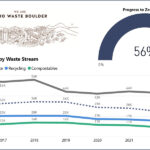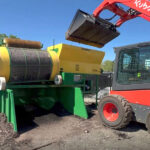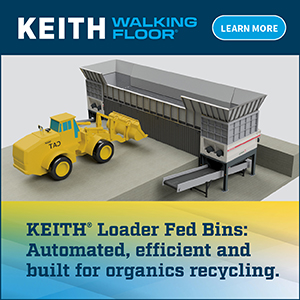A law enacted last year in Washington state (HB 1569) that restricts use of “compostability” and “biodegradability” claims for plastic products that do not meet uniform standards identified by the state, became effective on July 1, 2020. The law specifies that products labeled as compostable must either be comprised only of wood or fiber-based substrate or must meet the American Society of Testing and Materials (ASTM) composting standard D6400 or D6868. The products must also meet Federal Trade Commission (FTC) green guide labeling requirements and be labeled with a logo indicating a third party has certified that the product complies with ASTM specifications, according to a summary of the law on packaginglaw.com.
Labeling of most plastic products with the terms “biodegradable,” “degradable,” “decomposable,” or “oxo-degradable” is prohibited. “Food service products — along with certain film products — that meet ASTM composting standards must be ‘readily and easily identifiable’ as compostable,” notes the packaginglaw.com summary. “This includes the use of a logo indicating the product has met ASTM standards and the inclusion of the word ‘compostable’ where possible. On the other hand, food service products and film products — including film bags — that do not meet ASTM standards are prohibited from using tinting, labeling, and terms required of products that meet ASTM standards.”














